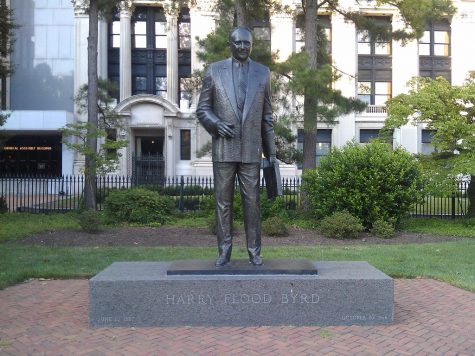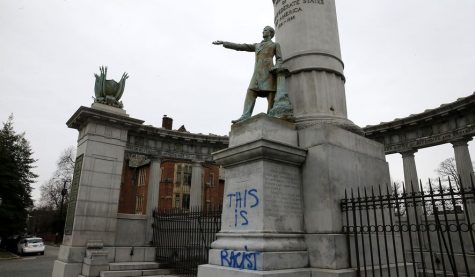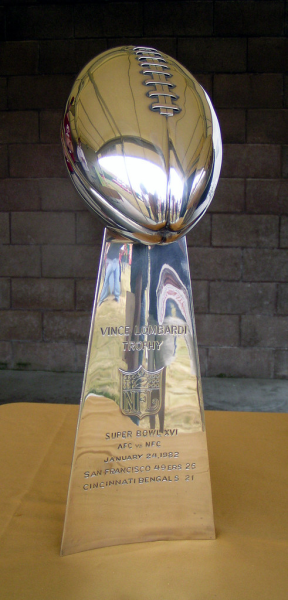Virginia shouldn’t honor Confederate leaders
February 21, 2020
Republican Virginia Delegate Wendell S. Walker proposed a bill in late January in the hopes that it would keep Democrats from demanding the removal of Confederate statues. In spite of Walker’s intentions, many Democrats have supported House Bill 1305, which requests that a prominent statue of former Democratic Virginia Governor and U.S. Senator Harry Flood Byrd be taken down from its place on Richmond’s Capitol Square. Activists in support of the bill seemingly pay more attention to the actions of Governor Byrd rather than his political party.

Throughout his time in the Virginia Governor’s office, Harry F. Byrd pushed against racial integration in schools. He openly opposed democratic presidents Franklin D. Roosevelt, Harry S. Truman, and John F. Kennedy. While many politicians and citizens can agree that his actions in the state and federal government were discriminatory and harmful, he is still memorialized today.
Notable reminders of his legacy include Shenandoah National Park visitors center, the Blue Ridge Parkway, a large rural segment of Route 7, and his 60-acre house and property. On a hopeful note, Harry F. Byrd Middle School was renamed Quioccasin in 2016, which is a Native American word meaning “the gathering spot,” and is also a frequent name within the historically black community surrounding the school.
Senator Walker was hoping the bill would place pressure on Democrats but was surprised to learn that many citizens would love to see the statue of the late governor removed. Many say that a racist man who was openly against school integration should not be honored, similar to statues of Confederate leaders.
The commonwealth of Virginia was the farthest north state to secede from the Union, making it a permanent battleground during the Civil War. For the majority of the war, Richmond was the Confederate capital, causing political conflict today on whether its leaders should be memorialized.
I don’t believe that Virginia should ever forget, whitewash, or ignore our history. One of the greatest aspects of recorded history is being able to analyze and learn from past successes and mistakes.
However, remembering Confederate leaders is different than celebrating them, just like an exhibit in an educational museum is different from a statue placed in the middle of a town square.

The Confederacy fought for many things our country is still fighting to extinguish – especially the mistreatment of people based on their skin color. Honoring their generals is blatantly disregarding the feelings of all People of Color.
Prominently placing these memorials is disrespectful to the American people as a whole, who have and continue to defend against racist ideologies.

















